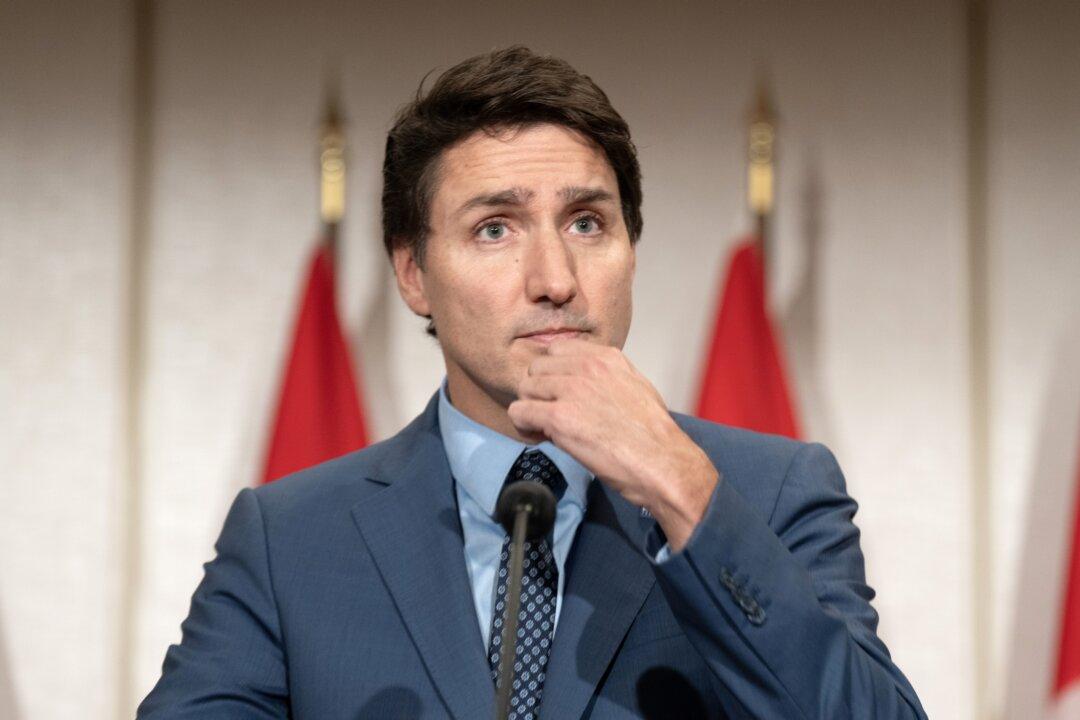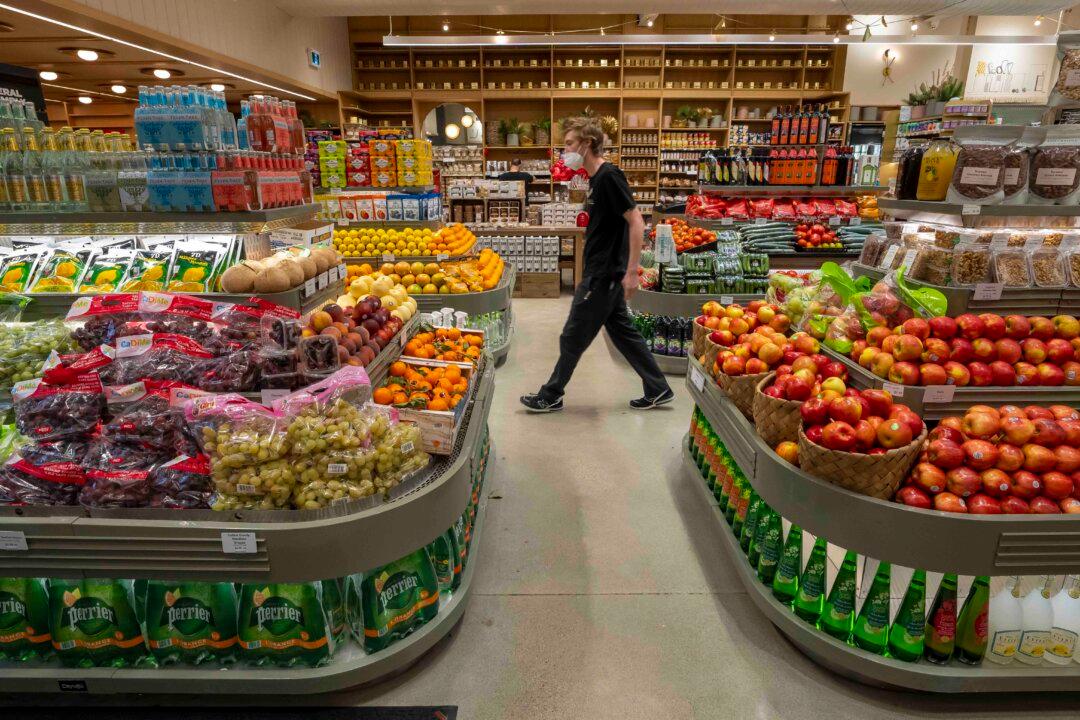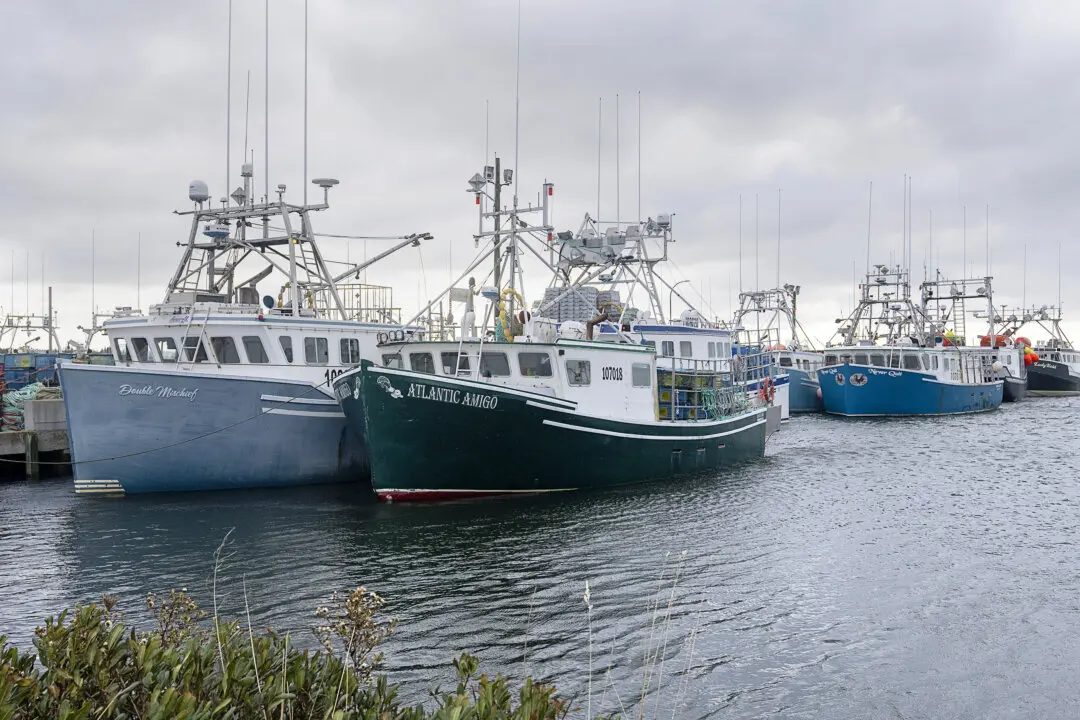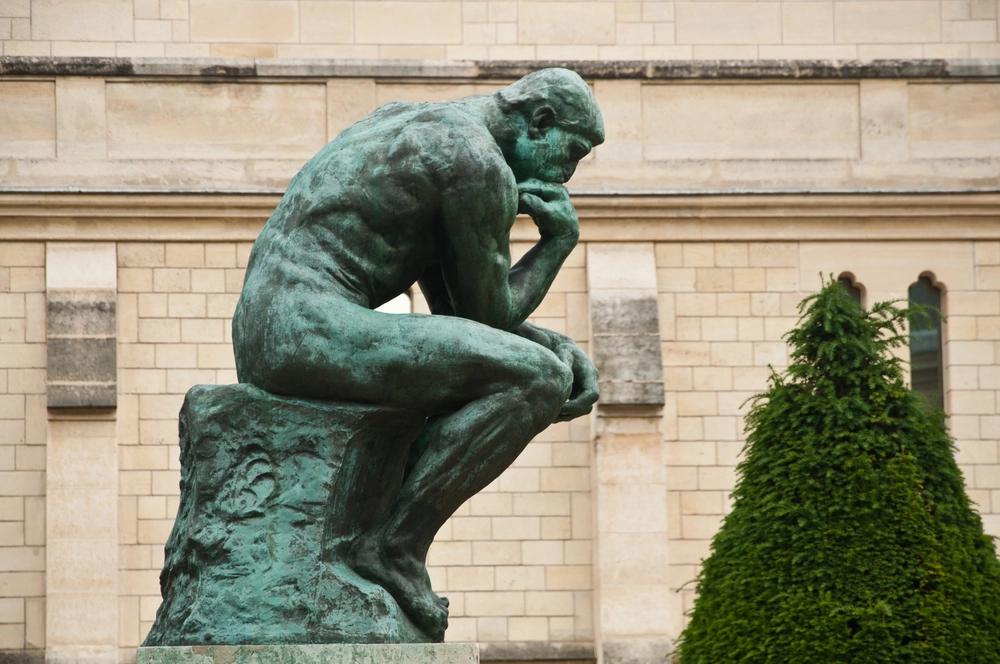Commentary
Few things could be more troubling, fiscally at least, than to hear Justin Trudeau promise to continue his prudent management of Canada’s finances. But with apologies if I just caused you to expel your morning coffee, possibly through your nose, our prime minister did just set the stage for the fall economic update by saying his administration has “always exercised fiscal restraint.”





